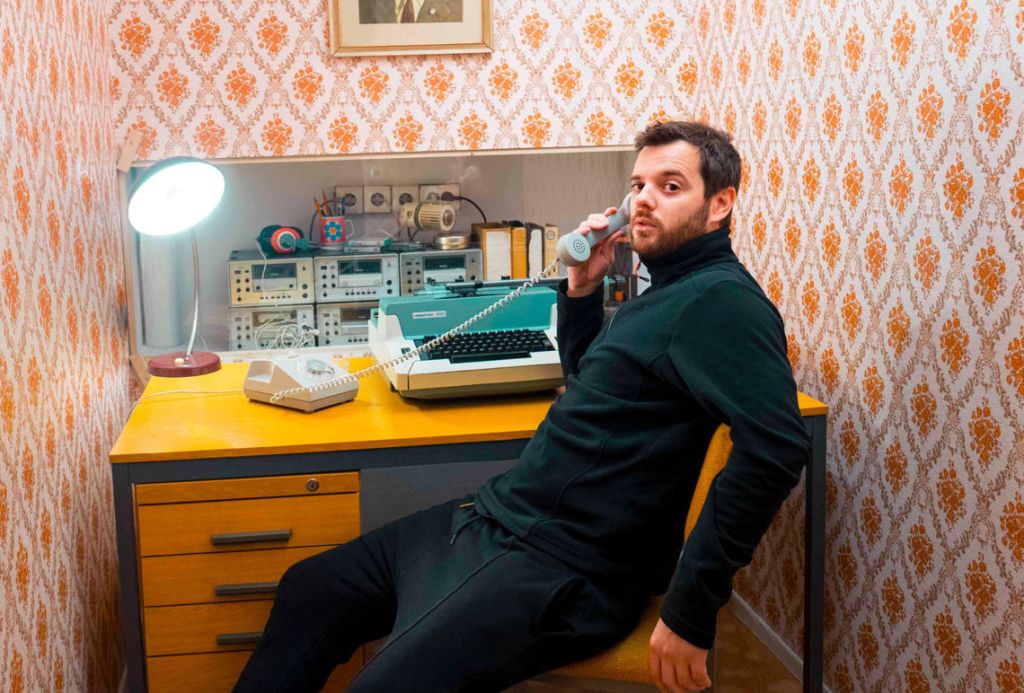The wry urban poet Mike Skinner is more influential than ever in 2019, with British hip-hop thriving. Now Skinner’s groundbreaking project The Streets is back on the scene eight years after he resolutely retired it. And, fresh from moshing at Glastonbury, he’s bringing his band’s celebratory set to Australia for Splendour In The Grass and side-shows.
Skinner introduced a distinct idiom…











